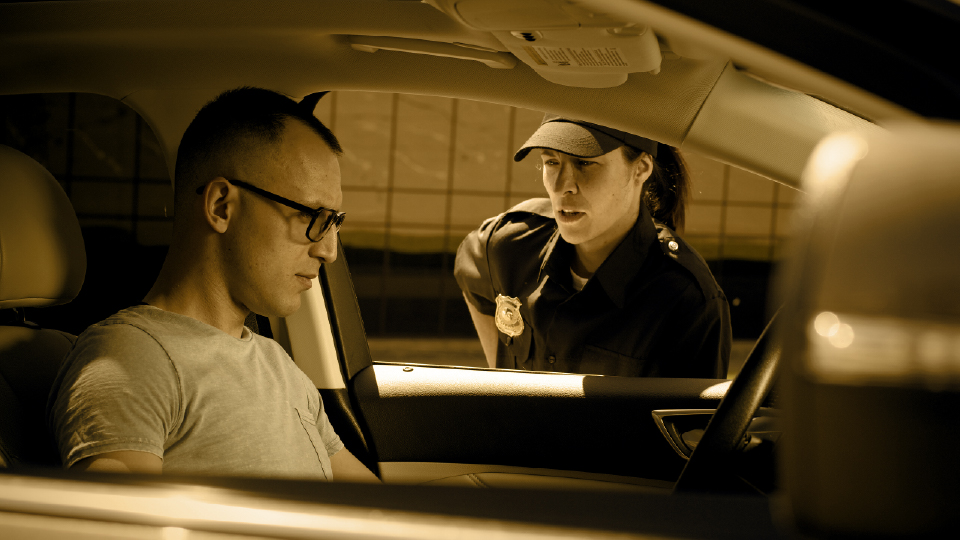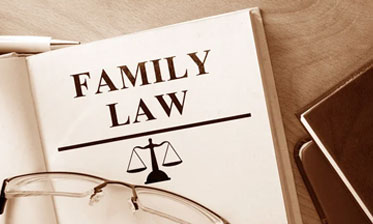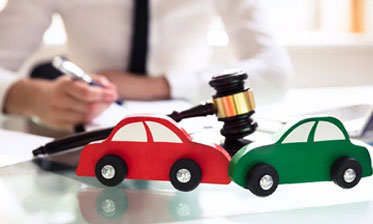
In North Carolina, law enforcement officers are permitted to set up checkpoints for specific, lawful purposes—such as checking for impaired drivers or ensuring compliance with licensing requirements. But being stopped at a checkpoint can be stressful, even if you haven’t done anything wrong. At Ley Law Firm, we believe it’s essential to understand your rights and how to respond calmly and legally when encountering a checkpoint.
Contents
Are Police Checkpoints Legal in North Carolina?
Yes—checkpoints are legal, but they must follow certain constitutional guidelines. Under both the U.S. Constitution and the North Carolina Constitution, random and arbitrary stops are generally prohibited. However, the courts have carved out an exception for checkpoints—as long as they meet certain criteria.
To be lawful, a checkpoint must meet the “reasonableness” requirement. This means the stop must balance the public interest in preventing harm (like stopping drunk driving) with the individual’s right to privacy.
Additionally, the checkpoint must be established for a legitimate programmatic purpose. This means law enforcement must be aiming to serve a specific public safety function—such as DUI enforcement, license and registration checks, or seat belt compliance. The checkpoint cannot be used solely for general crime detection or to randomly search for drugs or other unrelated offenses.
What to Expect at a Checkpoint
When you approach a checkpoint, you’ll likely see officers in marked vehicles with traffic cones or signs indicating an official roadblock. You may be directed to stop your vehicle and speak with an officer.
Here’s what you should do:
- Stay Calm and Courteous
It’s natural to feel nervous, but staying calm and respectful goes a long way. Avoid sudden movements and keep your hands visible on the steering wheel. - Provide Required Documents
You are legally required to provide your:- Driver’s license
- Vehicle registration
- Proof of insurance
Refusing to provide these can result in legal penalties, including citations or arrest.
- Know Your Rights
- You are not required to answer questions beyond identifying yourself and providing the required documents.
- You have the right to remain silent if asked about where you’re going, where you’ve been, or whether you’ve been drinking.
- You do not have to consent to a vehicle search unless the officer has probable cause or a warrant.
- Sobriety Tests and Searches
If the checkpoint is part of a DWI (Driving While Impaired) program and the officer suspects impairment, you may be asked to perform field sobriety tests or take a breathalyzer. Refusing a breath test after arrest can lead to a mandatory license suspension under North Carolina’s implied consent law. - Observe and Record
If you believe the checkpoint is unconstitutional or improperly conducted, make a mental (or written) note of details like the location, number of officers, signage, and your interaction. This can be helpful for your attorney later. - And most importantly, NEVER consent to searches.
When Is a Checkpoint Invalid?
Not all checkpoints are legal. If a checkpoint:
- Targets specific individuals without a valid reason,
- Lacks a clear public safety purpose,
- Is not part of a pre-approved plan by supervisory personnel,
- Or fails to minimize intrusiveness,
…it could be challenged in court. Evidence obtained from an unlawful checkpoint may be suppressed, which can make a major difference in your case.
Know Your Options
If you’ve been charged with a DWI, driving without a license, or any other offense stemming from a checkpoint stop, it’s important to speak with an attorney as soon as possible. The legality of the checkpoint itself may play a crucial role in your defense.
The experienced attorneys at Ley Law Firm are here to help. We understand the nuances of North Carolina checkpoint law and will work diligently to protect your rights and defend your case. If you’ve been stopped at a checkpoint and have concerns about how it was handled, contact us today for a consultation.


Corey Goss Author
Corey is a dedicated trial attorney serving clients in the areas of criminal defense, personal injury, and wrongful death. His pragmatic, results-driven approach to law uniquely equips him to fight for the “little guy” against both government prosecution and big insurance. Corey is a graduate of both East Carolina University and Campbell Law School.





